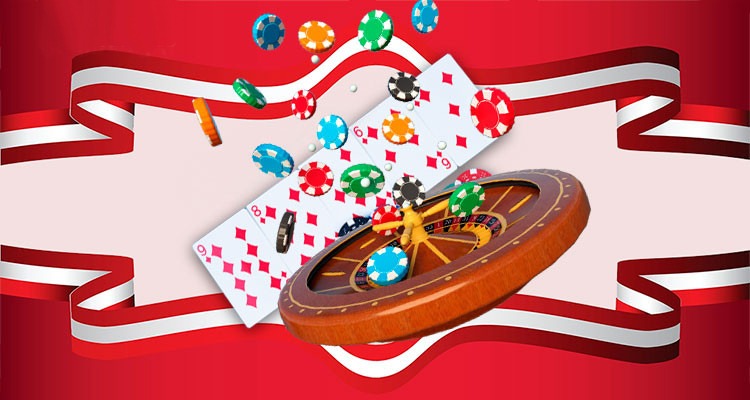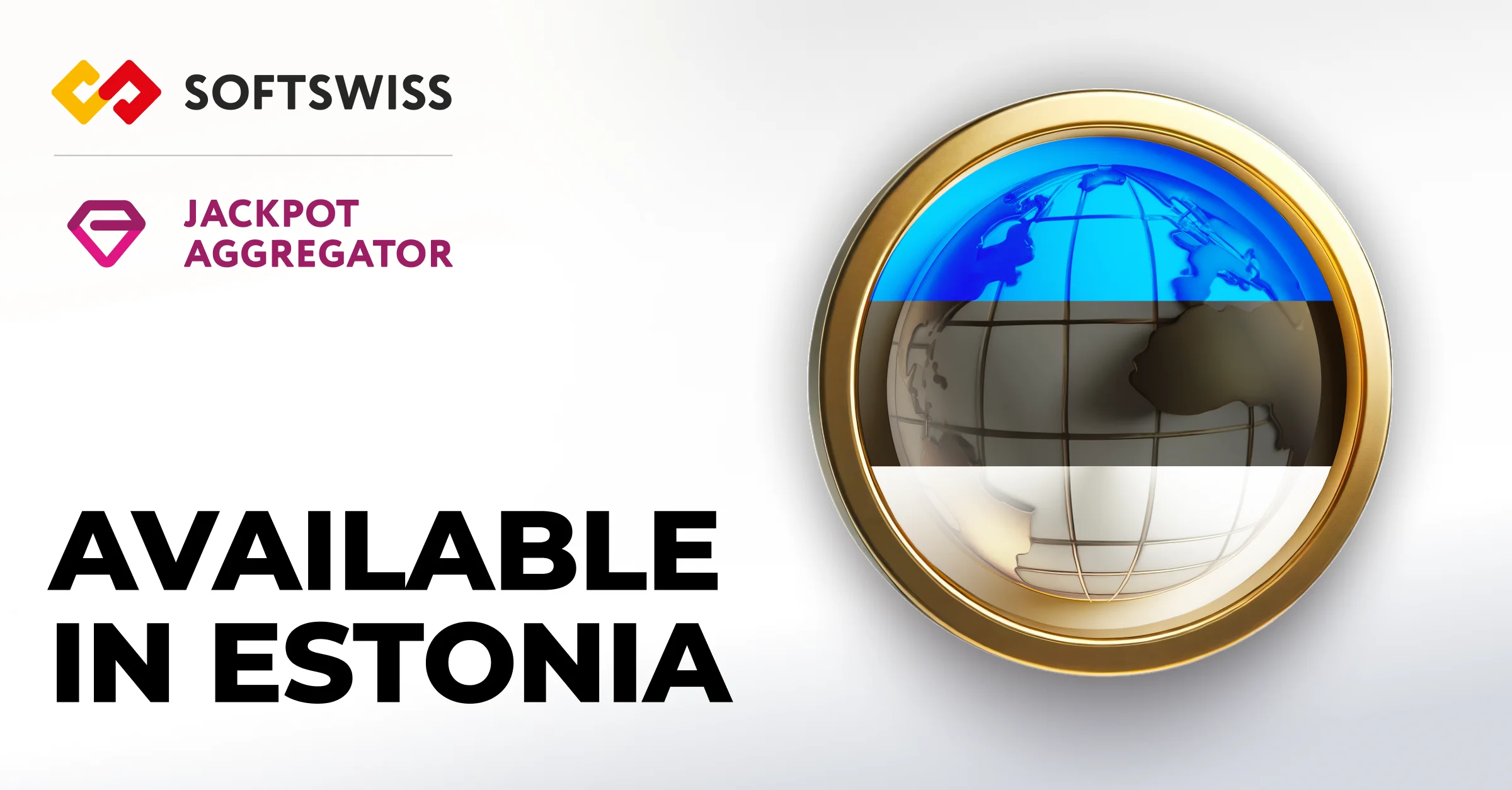Online gambling in Denmark is an extremely popular activity. Many Danes consider playing at digital casinos or on sportsbook websites their favorite pastime.
But is gambling legal in Denmark? Yes, local gambling laws regulate online and offline sectors of gambling. The Kingdom of Denmark was one of the first Scandinavian countries to end monopoly in the iGaming market. And as of 2012, private companies can apply for a local license and provide games of chance to the Danish players.
This Login Casino article provides an in-depth review of the Danish gambling industry. Keep reading if you’re interested in the local gambling regulations, market segmentation, and future of online gambling in Denmark.
Gambling history in Denmark
Gambling in Denmark emerged at the beginning of the 19th century. Danes quickly became interested in the activity and multiple casinos opened in Copenhagen and other cities. Casino Marienlyst in Helsingor is one of the oldest gambling establishments in the country. The casino opened in 1902.
Since its launch in 1948, state-owned company Danske Spil has held an exclusive right to provide gambling services in Denmark. In 2000, the current Danish Gambling Authority (DGA), or Spillemyndigheden, opened its doors. For the first ten years of Spillemyndigheden’s operational history, the authority regulated slot gaming in restaurants and arcades, seven terrestrial casinos, and operations of state monopoly. At the time, Spillemyndigheden also issued permits for the charity lottery.
In 2012, the new Denmark online gambling laws opened the market to foreign ops, forcing the former monopolist Danske Spil to compete with private companies from overseas. Danske Spil still holds a monopoly on commercial lottery games.
The 2012 Gambling Act also legalized online casinos in Denmark, launching a new market that dominates the gambling industry currently. In the first year after the liberalization of gambling, 25 offshore companies obtained a Danish license.
2018 amendment to the Gambling Act further liberalized the Danish market, allowing private companies to organize betting on horse, dog, and pigeon racing, and online bingo.
Structure of the gambling market of Denmark
The Danish gambling market is only partially liberal, and Danske Spil still holds a monopoly on the commercial lottery. According to the official DGA statistics, the structure of the gambling market of Denmark in 2020 was as shown in the chart below.
Lottery
The lottery is the most popular activity in the Danish gambling market. The sector is divided into commercial and charity lotteries. The following companies have a monopoly on providing lottery services in Denmark:
- Danske Lotteri Spil A/S;
- Det Danske Klasselotteri A/S;
- Almindeligt Dansk Vare- og Industrilotteri (Varelotteriet);
- Landbrugslotteriet.
However, private companies can organize charity lottery games. To do so, they have to get a permit from Spillemyndigheden. The license allows to provide the following games:
- bingo;
- scratch card lottery;
- lottery tickets;
- tombola.
Online gambling
Regulated less than a decade ago, remote games of a chance now dominate the Danish gambling market. Currently, there are 40 digital sportsbooks and online casinos in Denmark that are legal, including Danske Spil.
Betting
Betting is the third biggest gambling sector in Denmark. It is available offline and online. As of December 2024, there are 18 online sportsbooks in the country.
Slot halls
The 2012 gambling law differentiated terrestrial casinos and slot halls. Games in the latter are limited to gaming machines. Danish licensees can open slot halls in restaurants with an alcohol license and arcades. Now, there are over a hundred slot halls scattered across the Kingdom of Denmark.
Brick-and-mortar casinos
As of 2021, nine companies have Spillemyndigheden’s permit to run land-based casinos. Two of these gambling establishments are located on the boards of the ships. DGA limits the number of terrestrial casinos allowed to operate in the country.
The land-based gambling establishments can provide all most popular games of chance:
- roulette;
- poker;
- baccarat;
- punto banko;
- blackjack;
- slots.
The global pandemic has nearly destroyed the offline casino sector. As of October 2021, it has the smallest market share in the Danish market – just below 3% of total GGR.
Gambling laws and regulations in Denmark
The Danish Gambling Act is the main law regulating gambling in Denmark. The AML act also establishes basil rules for the provision of gambling products. All offline poker tournaments must be held according to the Poker Act. The local regulation applies not only on land but also to sea and air vessels. Danish Marketing Practices Act regulates the promotion of games of chance in the country.
Danish Gambling Authority – Spillemyndigheden – is the regulatory body of the Denmark gambling sector. The regulator reports to the Danish Ministry of Taxation.
The legal gambling age in Denmark is 18 years old.
To promote responsible play and prevent gambling addiction, the Gambling Authority runs a national helpline for problem gamblers – StopSpillet. All licensees of Spillemyndigheden also have to be connected to the Danish self-exclusion register – ROFUS. With this system, players can take a break from gambling for:
- 24 hours;
- one month;
- three months;
- six months;
- forever.
Licensing requirements in the Danish market
To provide gambling services to Danish players, operators first need to obtain a license from the Gambling Authority. Currently, Spillemyndigheden issues permit for the following games of chance:
- non-profit lottery;
- online casino;
- betting on sports;
- revenue restricted permits;
- poker;
- slot machines;
- brick-and-mortar casinos;
- monopoly lottery.
The local gambling law doesn’t regulate betting on daily fantasy sports, social gambling, and loot boxes. Games of skill can be provided without a DGA license.
Companies can either apply for a standard gambling permit or a revenue-restricted license. Danes can become a turnover-restricted game manager, for which turnover can’t exceed DKK5 million and the return percentage can’t be more than 20%.
| Standard gambling license: | Revenue-restricted license: |
| valid for five years (except for offline casino permit);company’s GGR is over DKK1 million;issued for either online or terrestrial gambling. | valid for up to one year;the gross gaming revenue of the company does not exceed DKK1 million;issued only for the online sector. |
While Spillemyndigheden doesn’t restrict the number of online gambling licenses and slot machine permits for arcades or restaurants, the authority limits the number of land-based casino permits, which is currently capped at nine casinos. All DGA licenses are valid for five years, except for the terrestrial casino license, which is issued for ten years.
| Type of license | Games | Application fee | Renewal fee |
| Non-profit lottery | Bingo, scratch cards, lottery tickets, of raffles. | None | |
| Online casino | Roulette, blackjack, baccarat, punto banco, poker, online bingo, slots, other games of skill and chance. | DKK292 300 for online casino license;DKK409 200 or combined online casino and sportsbook license | DKK116 900 for online casino license;DKK146 200 or combined online casino and sportsbook license |
| Betting | Betting on the outcome of the event | DKK292 300 for betting license;DKK409 200 or combined online casino and sportsbook license | DKK116 900 for betting license;DKK146 200 or combined online casino and sportsbook license |
| Poker | Poker tournaments.To offer cash games, ops need to get a land-based or online casino license; to offer poker games online ops need an online casino license. | DKK1 000 | DKK1 000 |
| Slot machines | Slot machines in the restaurants with an alcohol license and arcades | DKK 670 per slot machine per year | |
| Land-based casinos | Spillemyndigheden currently doesn’t issue new permits for land-based casinos | ||
| Lottery | Danske Spil has a monopoly on lottery services in Denmark. | ||
There are also some requirements for the applicants, they must be:
- at least 21 years old;
- not be a subject to any insolvency proceedings;
- have no record of criminal offenses;
- not have any debt to public authorities.
If a person isn’t a Denmark or EU / EEA resident, they must have a local representative in the country. Companies that want to enter the Danish market must be either established in Denmark or another EU / EEA country or have a representative there.
Fees and taxes
Gambling companies with a Danish license must pay a progressive annual tax, the size of which depends on the GGR they’ve collected in the previous year. The rate depends on the type of gambling services the operator provides and are considered one of the highest in the EU:
- betting (online and offline) – 28%;
- online casino – 28%;
- land-based casino – 45% minus the sum of special tipping, additional 30% is paid if the GGR is over DKK4 274 300;
- slot machines in restaurants and arcades – 41%, an additional 30% if GGR is over 32.1k in restaurants and DKK267.2k in arcades (plus DKK 3.2k per machine up to 50 slots and DKK1.6 if over 50).
Denmark is also one of the few countries that collect a tax from non-profit gambling ops. The charity lottery ops have to pay a tax on the size of the prizes:
- cash prizes – 17.5% of the amount over DKK200;
- goods and services – 17.5% of the amount over DKK750.
Players don’t have to pay a tax on prizes they’ve won when gambling with licensed ops. However, if the Danes gamble with offshore casinos, their winnings are considered personal income and are subject to taxes of up to 62%.
Advertising rules
Gambling laws in Denmark also set the rules for the promotion of legal games of chance. Spillemyndigheden licensees can market their products if their advert:
- portrays the chance of winning accurately without presenting this chance greater than it actually is;
- presents gambling as a form of entertainment;
- doesn’t target children or young people under 18;
- doesn’t imply that gambling contributes to a person’s success (e.g., by casting public figures);
- doesn’t imply that gambling can be a solution to financial problems or improve social acceptance.
Gambling ops without the Danish license can’t promote their services to the locals. If a person is excluded from gambling and registered in the ROFUS system, they can decline adverts from all Spillemyndigheden’s licensees.
The Danish Gambling Authority also limits the size of sales promotions offered at casinos in Denmark to DKK1 000.
Gambling regions of Denmark
Gambling regulations in Denmark are standard for almost all regions, except for the autonomous territory of Greenland and the Faroe Islands.
As for brick-and-mortar casinos, they are located in the cities of Aalborg, Aarhus, Helsingor, Copenhagen, Odense, and Vejle. Casino Oceans Twenty-One has also opened two establishments at the boards on ships MS Bergensfjord and MS Stavangerfjord.
Greenland
Greenland is a part of the Kingdom of Denmark, which enjoys total autonomy. When it comes to games of chance, the region abides by the Danish Gambling Act. In Greenland, the local municipal court issues permit for the following gambling activities:
- online casino;
- land-based betting;
- online betting;
- lottery.
Currently, there are no terrestrial casinos in the region. Many local bars feature slot machines. Bingo is legal only if it is non-profit.
Faroe Islands
Unlike Greenland, the Faroe Islands do not abide by Danish gambling laws. There are no brick-and-mortar casinos on the islands and cruise ships with casinos onboard close the gambling venues when they stop at the Faroe Islands. The local government also doesn’t issue any types of gambling licenses.
Danske Spil has a monopoly on online gambling on the island archipelago. All other iGaming ops with the DGA license can’t provide their services on the territory. At the same time, Faroese can still go to the offshore casino sites, as none of them are blocked in the region, and players don’t bear any responsibility for this type of gambling.
Bloodsports and betting on these activities are illegal on the Faroe Islands.
Preferences of Denmark gamblers
The Danish gambling authority publishes quarterly market statistics, from which we can learn the preferences of local players. According to the data for October 2021, the lottery remains the most popular gambling activity among Danes. They prefer lotto games (77%) and classic lottery (12%), scratch cards and bingo aren’t so widespread.
Online casino is the second most widespread gambling activity. Slots are the most played remote casino games, as 75.63% of the 2021 revenue comes from online gaming machines. Roulette and blackjack are the other popular online casino games in Denmark.
In terms of popularity, remote casino games are closely followed by sports betting. In 2021, almost half (47.05%) of the stakes were placed on mobile devices and during the weekends. The least popular forms of gambling are terrestrial slot machines in arcades and brick-and-mortar casinos.
The DGA statistics also show the rising popularity of mobile gambling among Danish casino and sportsbook players.
Future of online gambling in Denmark
Since opening to private companies in 2012, the Danish online gambling market has been growing year by year. Only during the pandemic outbreak in 2020, the gaming revenue dropped for the first time. However, the gambling industry is now recovering throughout 2021, mainly due to the increase in online activities. In Q1 2021, Spillemyndigheden recorded the highest ever year-on-year increase in gambling revenue (28.7%). The rise in online gambling, at the same time, resulted in higher rates of problem gamblers registering in the ROFUS system.
Although Denmark isn’t a country with the strictest gambling regulations, high taxes and fees restrain many companies from opening an online casino in Denmark. In January 2021, the Danish Gambling Authority has increased the turnover taxes for iGaming operators from 20% to 28%. While the regulator believes this will boost the tax revenue and create fair conditions for both remote and land-based ops, the experts claim the reform will drive Danish players to offshore casinos. According to the research by H2 Gambling Capital, the rise of tax rates will lead to a fall in the channelization rate, which is expected to drop from 88% in 2020 to 76% in 2024. The research center suggested that the optimal tax rate for online gambling ops would be 22% of GGR.
So, the Danish gambling industry has good growth potential, especially in the mobile gaming niche. However, a strict tax regime could cap the market development.
Read more: Best Trading Platform for Beginners















